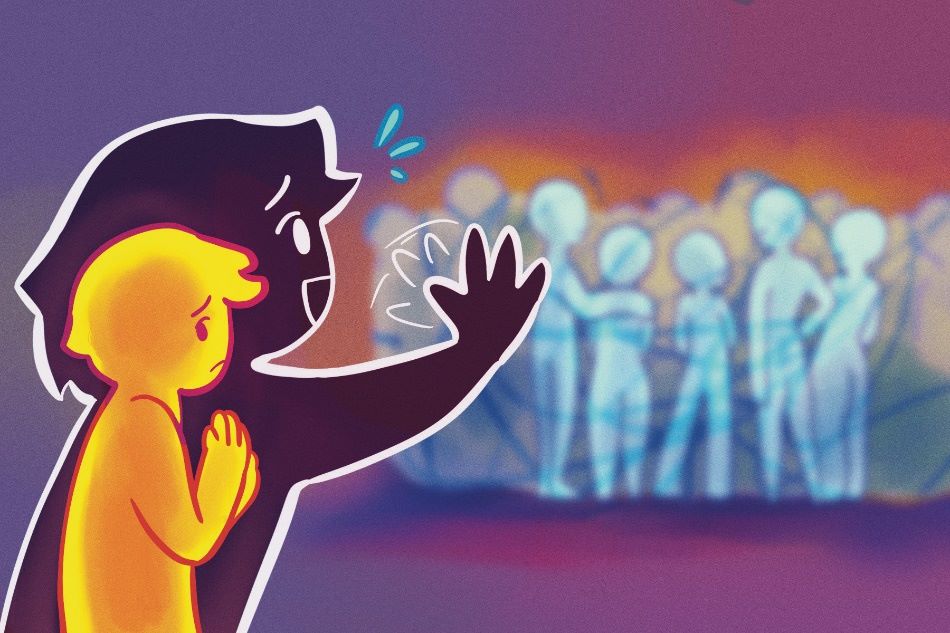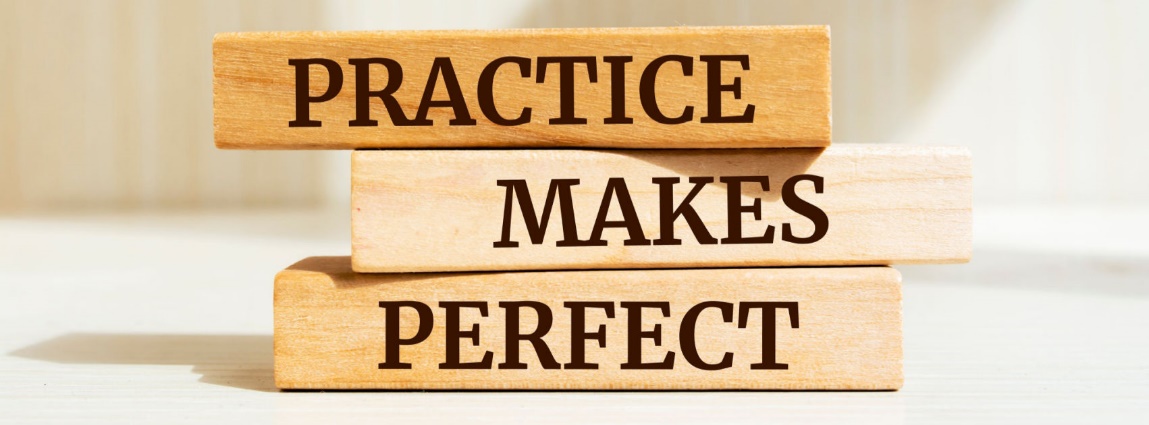Have you ever experienced a moment when you might feel a storm of thoughts and emotions trapped inside you, but no matter how hard you try, an invisible barrier holds it back?
This constant sentiment of being isolated and frustrated is a new normal for many people who go through it every day. On the other hand, perhaps it is just a side effect of being an introvert, or it might even be a call to embrace the quiet strength inside you. Life is a bursting surprise; you never know what is coming your way!
However, there is always a need to improve your social skills as it helps in several life aspects such as relationships, communication, career, and personal growth. We know interacting in public, as an introvert, can feel daunting, but you will eventually have to leverage your unique strengths.
Enhancing Social Skills – The Introvert Edition
The world is full of introverted students who hire PGCE assignment help because they cannot gather the courage to seek support from their classmates and instructors.
We call this a universal problem, and today we are here to make you believe that talking to people around you can be a soothing practice. You should do it often, and you can do it.
Yes, you can. With the right strategies, you can build meaningful connections and live through the pleasure of mingling without feeling overwhelmed. So, get ready to embrace the social butterfly in you.
Learn From the Best, Forget the Rest
As a butterfly does not become her fully-grown self overnight, people also require time to adjust to situations. The first stage of how to improve your social skills is observing and learning.
Look around you. There must be people who you refer to as your thought leaders. It could be someone from your kinships, your acquaintances, or even a stranger who inspires you as they speak. Once you find such a person, you need to start observing them.
Notice their body language, their tone, and the flow of how they smoothly mould the conversation from one topic to another. Due to this passive learning, you become familiar with the social dynamic, and your confidence finds a much-needed boost.
Secondly, when a person focuses more on listening than speaking, they develop a genuine interest in others, and the conversation flow occurs to them quite naturally.
Mental Rehearsals to the Rescue
People often start practicing before events like career interviews, client meetings and academic presentations. The same trick works for this escapism where you are looking to become less introverted.
Hence, you must rehearse mentally in advance of every interaction, no matter with whom and why. The transition will only be seamless if you come prepared for real-life social encounters.
This is better than hiring case study help. You can ask for free guidance from your colleagues and mentors. This move not only saves your money but also your precious time. It is like a two-fold benefit that you get from this one move.
So, start mental rehearsals today. Spend considerable time every day visualizing progressive communication in public. Imagine yourself confidently engaging in conversations or thinking of interesting topics or questions beforehand.
Start Small and Set SMART Goals
While moving towards the destination, it is understood that an individual has to move step by step. The journey begins with small steps, and then, one after another, the steps grow faster and move in the right direction.
Here also, to move away from your timid nature, you need constant participation in various societal settings. For example, housewarmings, kitty parties, potlucks, and gaming sessions. All of them help build self-confidence and gradually increase comfort levels.
In addition, you can set SMART – Specific, Manageable, Attainable, Realistic, and Timely goals for these community interactions. It is a quick and effective way of tracking your progress.
We know, for people like you, it will be much more difficult than it seems, but if you focus on the results, it will all be worth it.
Withdraw, Reflect, and Adapt
There are various helpers for coursework writing in Ireland, and they can help you score better grades, but always remember that the employer sees more than just your outstanding resume.
They look for soft skills, your other abilities, and your nature, too. Therefore, while you are working hard to construct a solid and compelling CV, you must withdraw, reflect, and adapt too. You must take it like a mantra and implement it in your life religiously.
After every social interaction, take a moment to redirect and ask yourself these questions. What did I do well? What can I improve? Where did I lose my attention? Etc. A self-assessment like this is crucial for you to work on your weak areas and grow.
They not only allow you to hone your community mingling skills but also give you a fresh perspective on the world.
Recharge Yourself for the Next
Many extroverts will relate to the fact that attending public events and even intimate gatherings can be emotionally exhausting. It is not just a physical drain but also a mental one, leaving you feeling depleted.
This makes finding a balance and taking time to recharge essential for the maintenance of social energy. However, the best part is that you can now peacefully be your true withdrawn self and engage in activities like deep thinking.
Moreover, you can continue to talk to yourself for some time and enjoy the peace, as it is a shape of mindfulness. You might also want to take some deep breaths to get your mind away from all the distractions.
Such activities keep the feeling of anxiety away from you, making sure you stay calm and present.
What are some low-stress group activities for introverts?
They can visit book clubs, go for walks, say yes to board game/movie nights or attend workshops for starters. These activities demand less mingling but still foster meaningful connections.
What techniques help them set public boundaries effectively?
- You must communicate your limits to everyone.
- You should say more “I” statements to express feelings.
- Moreover, you need to learn to say no politely.
- There has to be assertiveness and not aggression in your tone.
- Lastly, keep reinforcing your boundaries.
How do I improve my listening skills by being a shy person?
To help yourself, you must focus on maintaining eye contact, asking open-ended questions, and nodding to show understanding. Moreover, you can practice mindfulness by staying present in conversations and reflecting on the speaker’s response.
What roles does my body play when I’m not able to express myself?
Your crossed arms are enough to hint at your lack of interest and discomfort. Other than this, your fidgeting, facial expressions, postures, and hand gestures also speak things to the other person even when you do not say a word.
Social Thriving In a Nutshell…
Making efforts to improve your social skills is not a child’s play. It has a very deep meaning, and it mostly starts with self-awareness.
You need to understand your strengths and areas for growth, engage in active listening, and ensure effective communication. All of this will foster a deeper connection with humans around.
Apart from this, you must embrace the vulnerability of bonds as you set boundaries to maintain healthy relationships. Practice empathy to understand other perspectives and get involved in community events to get familiar with the social dynamics. Hence, social thriving is not about being an extrovert but about nurturing relationships that enrich your life, boost your well-being, and provide a sense of belonging.














